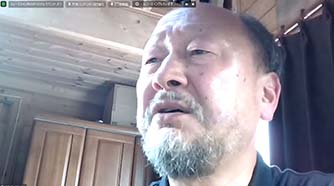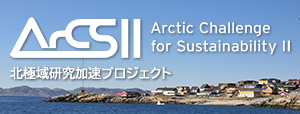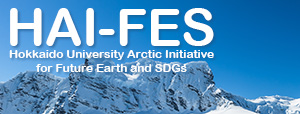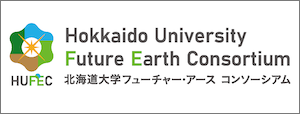

| Date & Time | Monday, March 20, 2023, 15:00-16:30 |
| Method | Online | Participant | 21 people |
| Lecturer1: Stephen Sakapaji (ARC) Presentation Title: Development of aerosol origin model and its applications to the analyses of transboundary air pollution events Abstract: Global Climate Change (GCC) and the responses to it are already changing the way food is produced, processed, and consumed. The agriculture sector’s recent history of hardships and challenges brought about by a changing climate has posed a significant danger to people’s ability to acquire food, particularly in developing countries. GCC impacts are already being felt in commerce, innovation, and population dispersion, and this trend is projected to intensify, especially in remote and rural communities in developing countries where vulnerability is high, adaptation capacity is limited, and resources are scarce. Therefore, finding, sustainable, practical, and cutting-edge solutions to the challenges of GCC is essential. The United Nations 2030 agenda on sustainability aims to reshape the world’s society by achieving a number of broad sustainable development goals (SDGs), which call for significant structural changes in society as well as profound transformations in policy, the economy, technology, and science. More specifically, agenda 2030 places a greater emphasis on the creation and effective application of models, technology innovations, and strategies that call for the full participation of all parties, including local and indigenous people and their experiences, traditions, and cultural practices. However, despite providing clear examples of sustainable lifestyles within their ecological environment, particularly in the equitable distribution of resources among community members, the voices, knowledge, and concerns of both indigenous and local people have remained underrepresented in the climate change and sustainability discourse. Thus, this paper advances the climate adaptation, resilience-building, and sustainability (CARS) model in agriculture in developing countries. The CARS model is meant for policymakers in developing countries and hinges on integrating scientific knowledge with indigenous, and local ecological knowledge (ILEK) in the climate change adaptation and sustainability discourse. This theoretical model supports the notion that an understanding of the indigenous and local ecological knowledge systems and how policies may affect the adaptability capacity of the local and indigenous people to climate change is critical to opening up an environment that supports community-based efforts to adapt to GCC by giving them options and engaging them in finding innovative, sustainable, and effective strategies to adapt to a changing climate. The ultimate goal of this model is to promote positive co-management and regional development through sustainability and climate change adaptation while generating a forum for discussion among indigenous and local communities and the relevant stakeholders. |
|
| Lecturer2: Koh Izumiyama (ARC) Presentation Title: Oil Spill in the Arctic Ice-covered Waters – Oil Behavior and Response at Sea – Abstract: Oil spilling from ships and other sources in the Arctic could result in acute and irreversible impacts on the vulnerable environment. The behavior of oil in the Arctic ice-covered waters differ significantly from that in temperate open water conditions. Response measures to prevent oil pollution therefore require methodologies applicable to such oil behavior and conditions in the Arctic. In this talk, oil behavior in the Arctic conditions is explained first. Differences between ice-covered and open water conditions are described. A phenomenon unique to ice-covered water is also shown. Oil spill response measures for ice-covered conditions are then talked. Recent developments in three major methods of mechanical recovery, dispersant and in-situ burning are described. Lastly, Circumpolar Oil Spill Response Viability Analysis (COSRVA) model developed by the Arctic Council is mentioned. A website is provided for users to perform their own COSRVA for a combination of response system and month they choose. Some results of the analysis are shown. |
|








